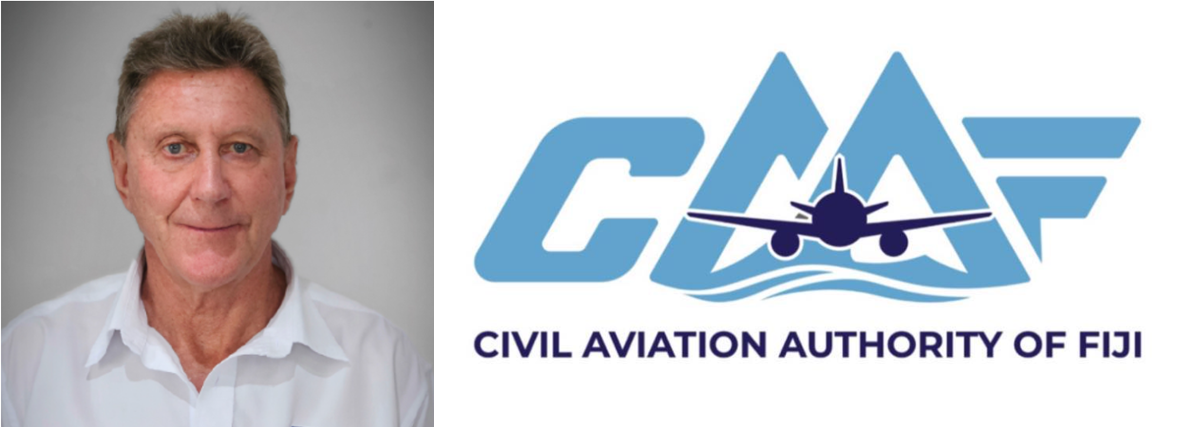The CEO and Managing Director of the Joyce Aviation Group (JAG), Captain Tim Joyce, has renewed his longstanding calls for an independent investigation into what he alleges to be “systemic corruption and abuses of power” within the Civil Aviation Authority of Fiji (CAAF).
Captain Joyce claims these issues have contributed to serious aviation safety failures, including the 2019 Savusavu helicopter crash that killed three people.
His comments come as CAAF confirmed that a domestic airline’s Aircraft Maintenance Organisation Certificate—issued under Air Navigation Regulations Part 145C—for the company that expired on 22 November 2025 and was not renewed following what the regulator described as “significant and recurring safety non-compliances”.
Captain Joyce says his experience with CAAF intensified in 2015 after raising safety concerns about the alleged use of “inadequately qualified or unsuitable” CAAF testing officers.
“Since then, I have been subjected to relentless, targeted victimisation,” he claimed.
“This includes orchestrated attempts to criminalise me, protracted delays in licences and approvals, and disruptions that have led to flight delays and cancellations.”
He alleges that the recent non-renewal of the Sunflower Aviation maintenance facility’s certificate is retaliation, not a safety-driven decision.
“I do not believe the delays are based on genuine safety concerns,” Joyce said, adding that the situation follows his refusal of CAAF’s demand to inspect two Australian-registered aircraft abroad, and delays in returning critical aircraft logbooks that have grounded an aircraft since October 2024.
Joyce further argues that CAAF has resisted harmonising Fiji’s aviation regulations with New Zealand’s standards—something he says was committed to more than 15 years ago.
“Clear and unambiguous regulations would remove opportunities for officers to entrap or penalise operators who question them,” he said.
He says the “persistent abuse of power” now warrants a full, independent investigation by FICAC.
In a detailed statement, CAAF said the non-renewal of the certificate was grounded solely on safety findings.
“This decision follows a comprehensive regulatory assessment in which CAAF identified significant and recurring safety non-compliances by the operator,” the authority said.
The Fiji Government reinforced the regulator’s position, saying public safety “remains our highest priority and cannot be compromised under any circumstances.”
The statement noted that aviation plays a critical role in Fiji’s connectivity, tourism, and training sectors, and maintaining a credible safety system is essential to the nation’s economic reputation.
“No operational or commercial consideration can override the requirement to meet safety standards set out in Fiji’s aviation laws,” CAAF said. “Our determination has been made independently, in strict accordance with our statutory mandate.”
CAAF said it was open to receiving a comprehensive corrective action plan from the operator. Any future licence would depend on all deficiencies being “fully resolved, independently validated and compliant with the regulatory framework.”



